Loveseat
August 31st, 20208/31/2020 Barbara Brown Taylor:
"reverence is the recognition of something greater than the self—something that is beyond human creation or control, that transcends full human understanding . . . Reverence stands in awe of something—something that dwarfs the self, that allows human beings to sense the full extent of our limits . . . Reverence may take all kinds of forms, depending on what it is that awakens awe in you by reminding you of your true size . . . nature is a good place to start. Nature is full of things bigger and more powerful than human beings . . . But size is not everything." Because even a red-shouldered hawk in flight may evoke reverence in us. August 27th, 20208/27/2020 Summer Afternoon I have a regular routine for the seemingly the same day over and over: by the afternoon I usually have finished much of the "business" of the day, so I sit and look out of my window. What often most catches my eye are the clouds: forming, fading away, reforming, wispy, puffy, every changing, moving into my field of view and out, sometimes lazily, sometimes brusquely. Sometimes they are dark and then lightning may flash. It can be quite a show. But when there is less drama the show is gentler and compared to the drama out in the rest of the world rather satisfying. I am reminded that as the Buddha so correctly taught, all is impermanence and this too will pass away. Even cacophonous politics. Say thanks for the clouds and for the eternal impermanence!
August 24th, 20208/24/2020 Ben Ehrenreich:
"The desert enforces its own perspective. It shrinks you and puts eternity in the foreground. If you're open to it, and don't mind a diminished role in this drama, it insists, quietly, on the surging beauty of all things and non-things living and dead and not formally alive." IF you pay attention. The sea and mountains and plains (but not typically cities) do this too. August 20th, 20208/20/2020 I'm re-reading Robert Adams' "Beauty in Photography" again. What he wrote there was backed up in my experience when I came across this old image:
"We rely, I think, on landscape photography to make intelligible to us what we already know. It is the fitness of a landscape to one's experience of life's condition and possibilities that finally makes a scene important or not." When I look at the image above, a flood of memories—aesthetic and emotional--are called up in me. So many happy memories—San Francisco will always be a bit like the Emerald City for me: stunning, almost overwhelming in beauty. And full of so many possibilities! Coda: and filled with smoke right now, I believe. Not a happy possibility, but living on the San Andreas fault and so near to so much dry vegetation , that's part of its beauty too—its fragility is part of the life-condition of being there. August 17th, 20208/17/2020 "I've been thinking about making a new small book. I'm tentatively calling it "Just this," and it would contain images wherein I try to allow the subject just to be itself. David Budbill sort of captures what I'm after in his poem "Taoist Poet." Here's part of that poem:
"everything plain and simple. No fancy words, no allusions, no metaphors . . . No analysis. No conclusions. No grand anything. Just the common and ordinary spoken in a common and ordinary way. Just this then that then the other." August 14th, 20208/14/2020 More and more it feels like we're climbing the stairway to nowhere. The news is unbearable (I ignore it as much as seems possible and appropriate): Trump tries to interfere with the election by not funding the post office and putting a GOP operative in charge of it; the GOP demands to have more watchers at the polls (undoubtedly to harass voters); COVID-19 continues while governmental (state and federal) officials insist that schools open with in classroom instruction (?—imagine a teacher trying to get 20-30 five year olds or fifteen year olds to keep their masks on and maintain social distancing!), etc. etc. etc. Meanwhile we're approaching peak hurricane season.
That all sounds pretty depressing, But as I have come to believe, human experience is always paradoxical, and so what on the surface or at one moment or from one point of view might appear to be clearly of one sort, this is seldom (never?) the case. It takes effort and grace to see more deeply and more clearly. What will all this look like weeks, months, years from now? It is at this point that faith (whether religious or scientific or Marxist or . . .) is most needed—because it can support (realistic) hope and I also believe that for human life to survive and even thrive, hope is ever necessary. August 10th, 20208/10/2020 Just this
E. E. Cummings: "i thank You God for most this amazing day: for the leaping greenly spirits of trees and a blue true dream of sky: and for everything which is natural which is infinite which is yes" August 06th, 20208/6/2020 Fenton Johnson:
"TRAVELING ALONE, living alone can be a kind of continuing meditation. I return to my empty apartment, where courtesy of technology I can choose to fill the silence with any number of electronic machines, images and voices . . . living for that new car or the oncoming vacation, living for retirement. Only when I arrive at the glittering future I discover that, as Buddhism so accurately predicts, I'm still dissatisfied. Or I can embrace and enter the silence, to see where it takes me over the months and years." Which is what living now with the virus could teach us: to enter our aloneness, to be still, just to be present, and to see where the aloneness and the silence takes us and what it has to teach us. August 03rd, 20208/3/2020 Another day begins . . .
Thomas Merton: "It is enough to 'be' in an ordinary human mode with one's hunger and sleep, one's cold and warmth, rising and going to bed, putting on blankets and taking them off." Evelyn Underhill: "We mostly spend (our) lives conjugating three verbs: to Want, to Have, and to Do. Craving, clutching and fussing, on the material, political, social, emotional, intellectual—even on the religious—plane, we are kept in perpetual unrest: forgetting that none of these verbs have any ultimate significance, except so far as they are transcended by and included in, the fundamental verb, to Be . . ." Perhaps that's something living with COVID-19 can teach us: to just Be—seeing and recognizing and being content with another sunrise, another day, another chance to desire nothing more than to be in our ordinary human mode. Categories |
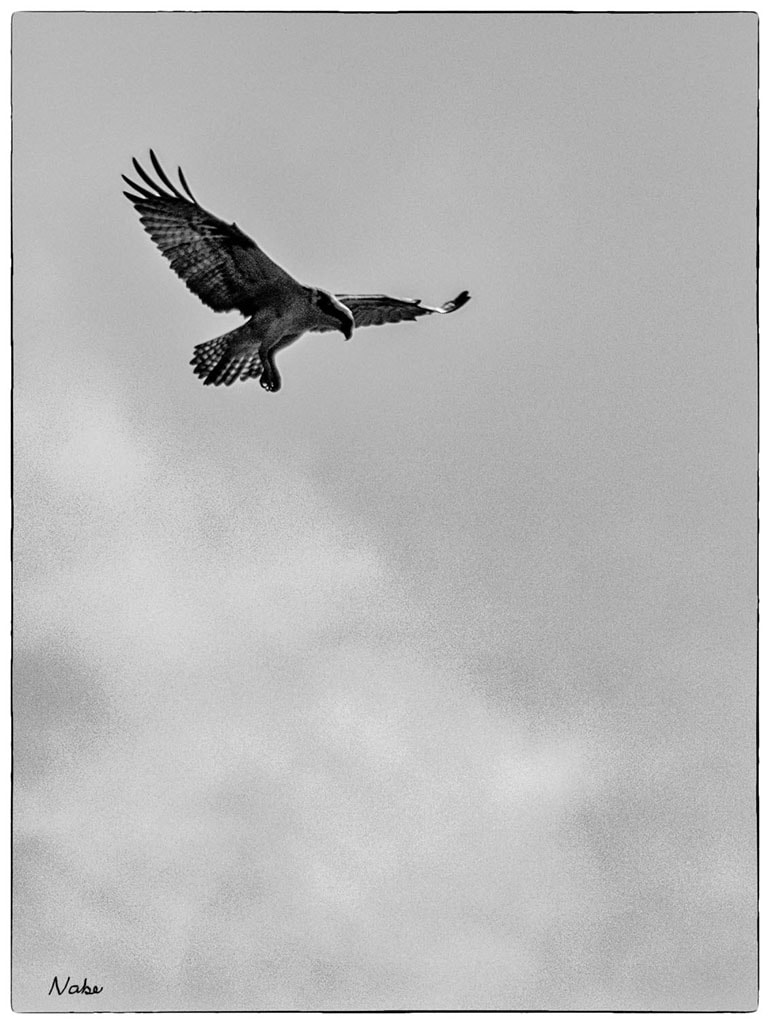
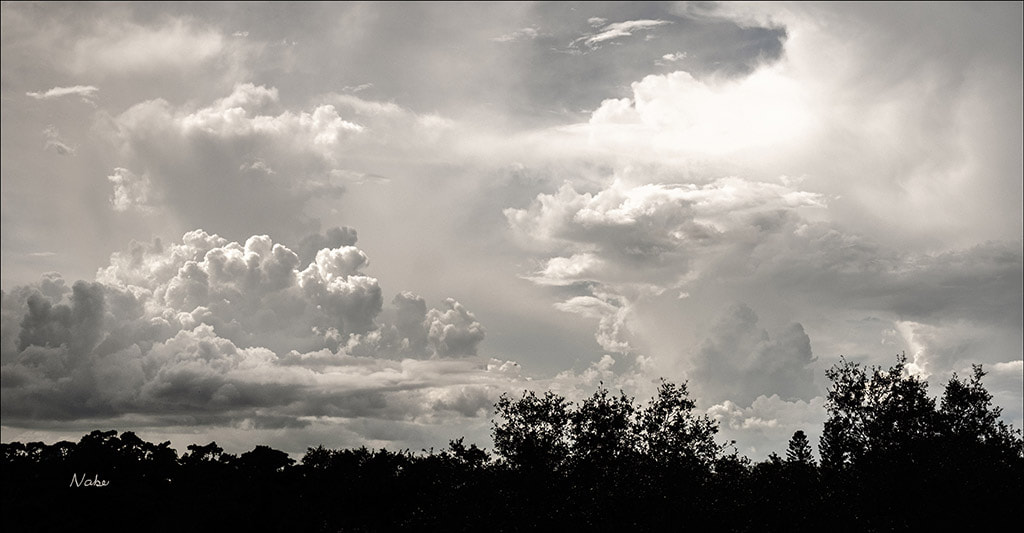
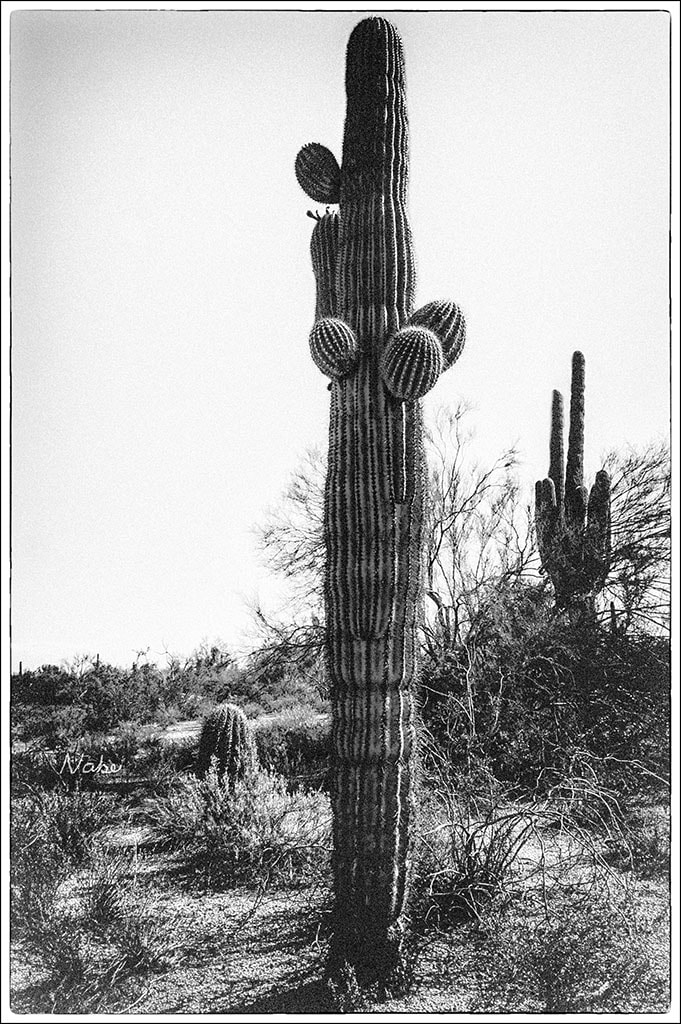
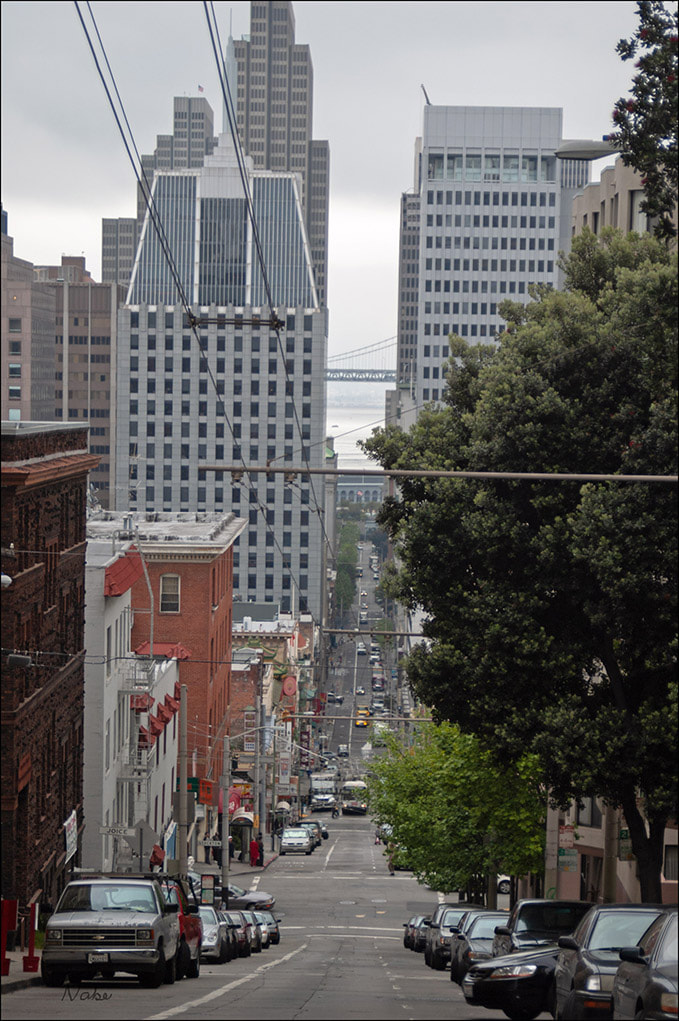
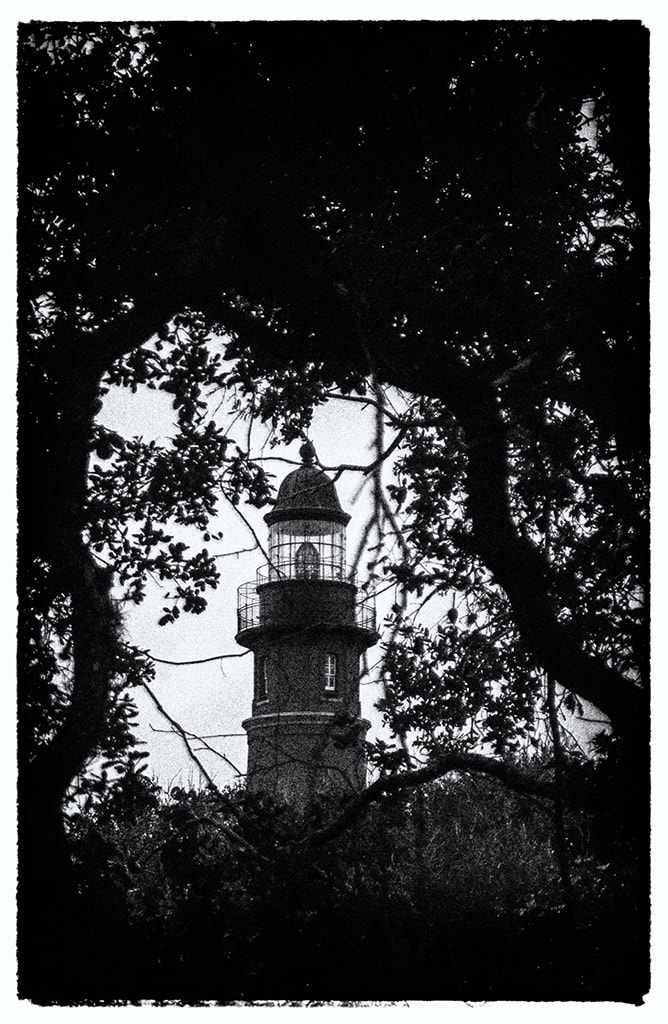
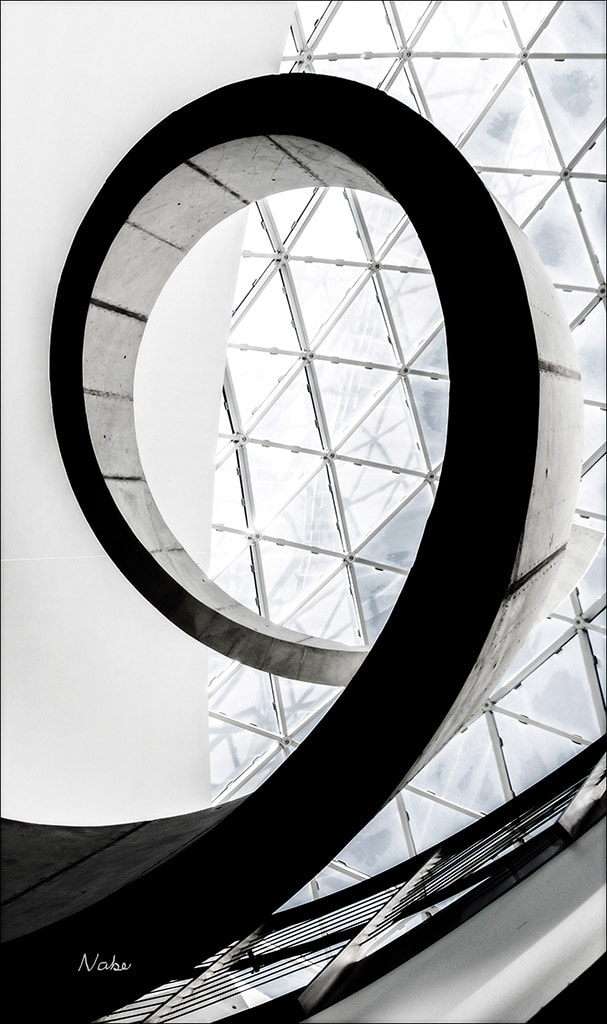
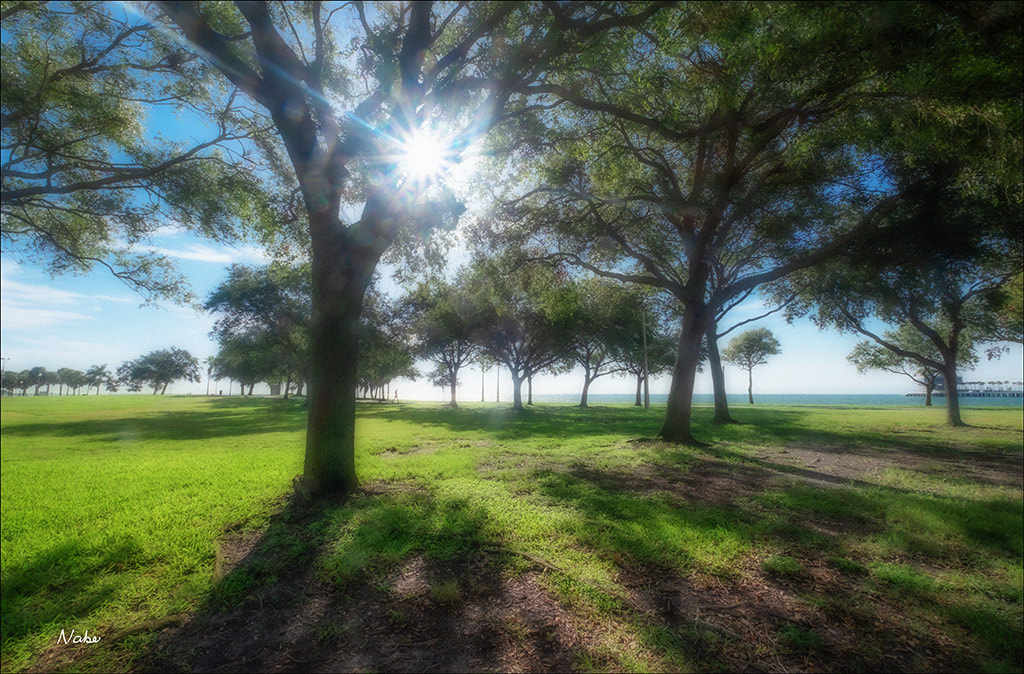
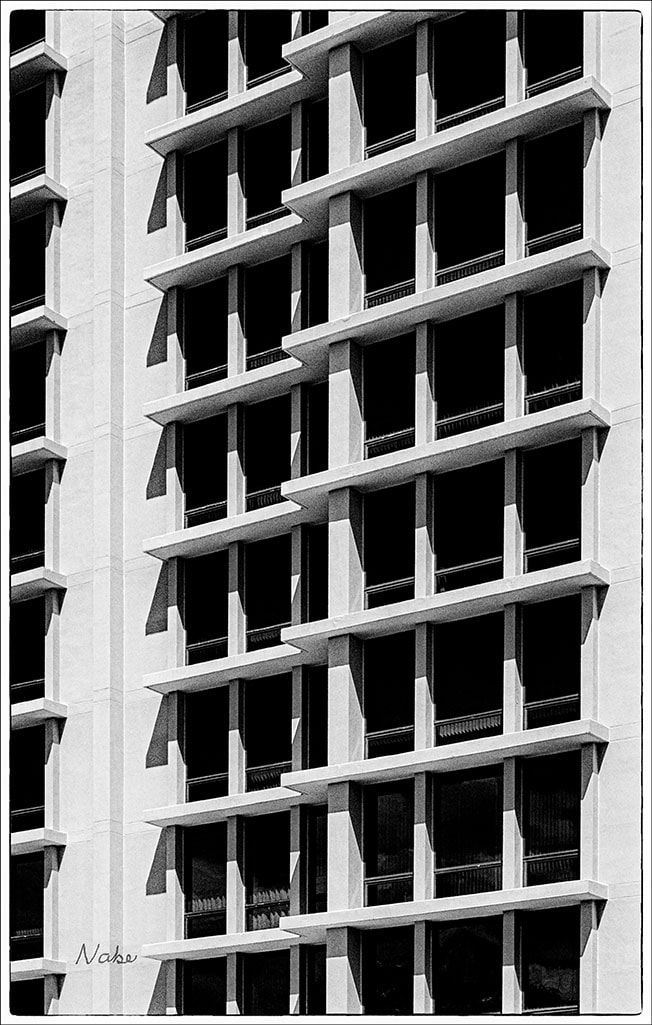
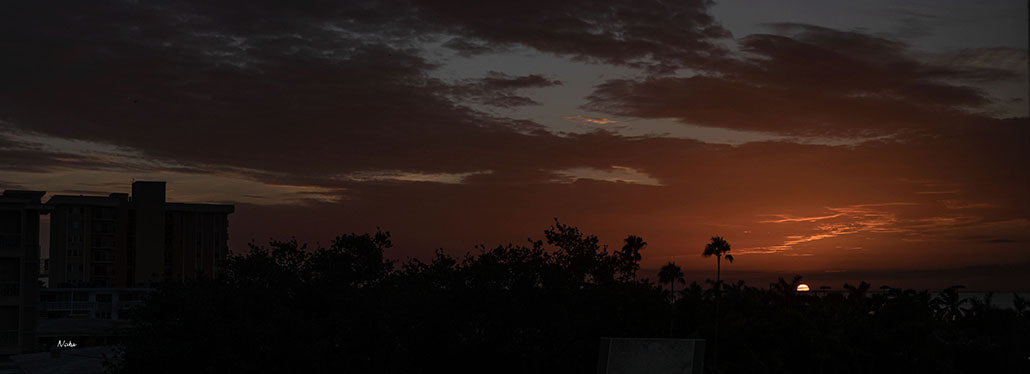
 RSS Feed
RSS Feed